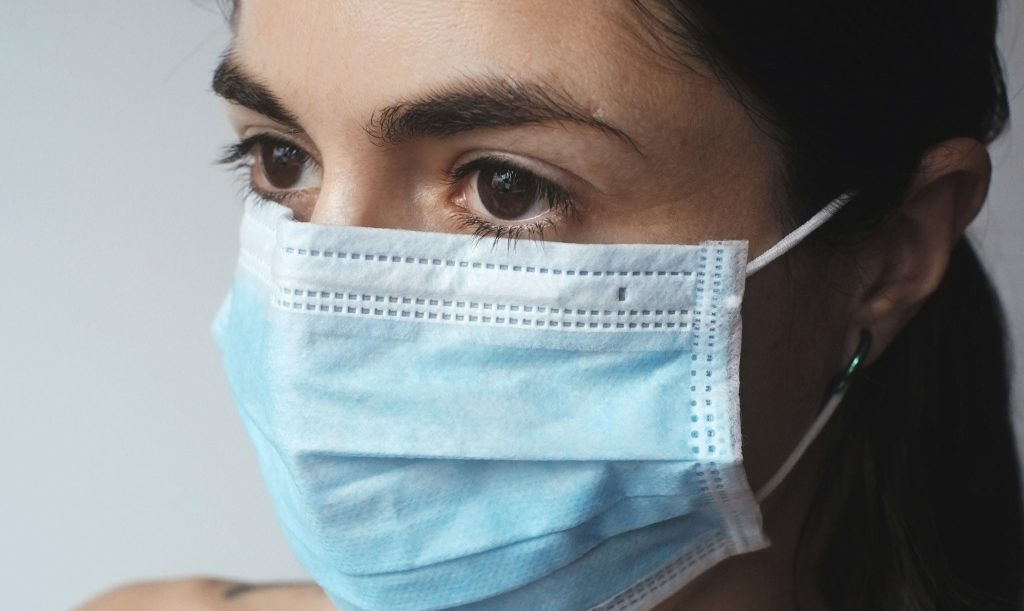
Idaho Governor Brad Little announced a Stay-Home Order Wednesday in light of increased cases and spreading of the COVID-19 in the state.

“Idaho’s situation on the coronasvirus has become serious,” he said.
The state announced it has more than 91 confirmed cases and the virus has started to spread in numerous counties. The Governor said from the get go he has been trying to limit the spread of the virus.
“We have been preparing in Idaho for the coronavirus since January,” Gov. Little said. “Idaho is one of the last five states to have a confirmed case of the coronavirus.”
He said the virus has worsened in the last few days and that’s why he gave the Emergency Declaration.
“I have been in contact with the health experts daily and they have been guiding my decisions,” he said. “We have confirmed community transmission now occurring in highly-, densely-populated areas.”
“Public safety is our highest priority,” he added. “The decision has been solidly grounded by state Epidemiologist and Public Health experts.”
He said the focus of the statewide Stay Home Order is to protect the most vulnerable residents.
“If you are high risk you should stay home,” the Governor said. “Restaurants, bars and gyms are ordered to close.”
He said restaurants can operate drive thru services and he wants people to limit use of public transportation and social gatherings.
“When you go on a bike ride, stay six feet away from each other,” Little said.
The stay at Home Order gives the following guidelines:
- Self-Isolate
- Stay at home and work from home as much as possible, unless you work in healthcare, public safety or an identified essential business.
- Residents can leave home to obtain or provide essential services.
- People at higher risk over 65 and/or health compromised should avoid leaving home.
- Essential facilities & services to remain open: grocery stores, healthcare facilities, gas stations, pharmacies, essential state and local government functions, laundry services, financial institutions, residential and home-based care, veterinary services, hardware stores, limited childcare for essential workers, infrastructure and other businesses essential to the safety and well-being of residents. Restaurants may remain open but only drive-thru, carry out or delivery.
- Non-essential facilities & services closed
- Limit public transportation
- limit travel
- No gatherings
- Outdoor activities okay

